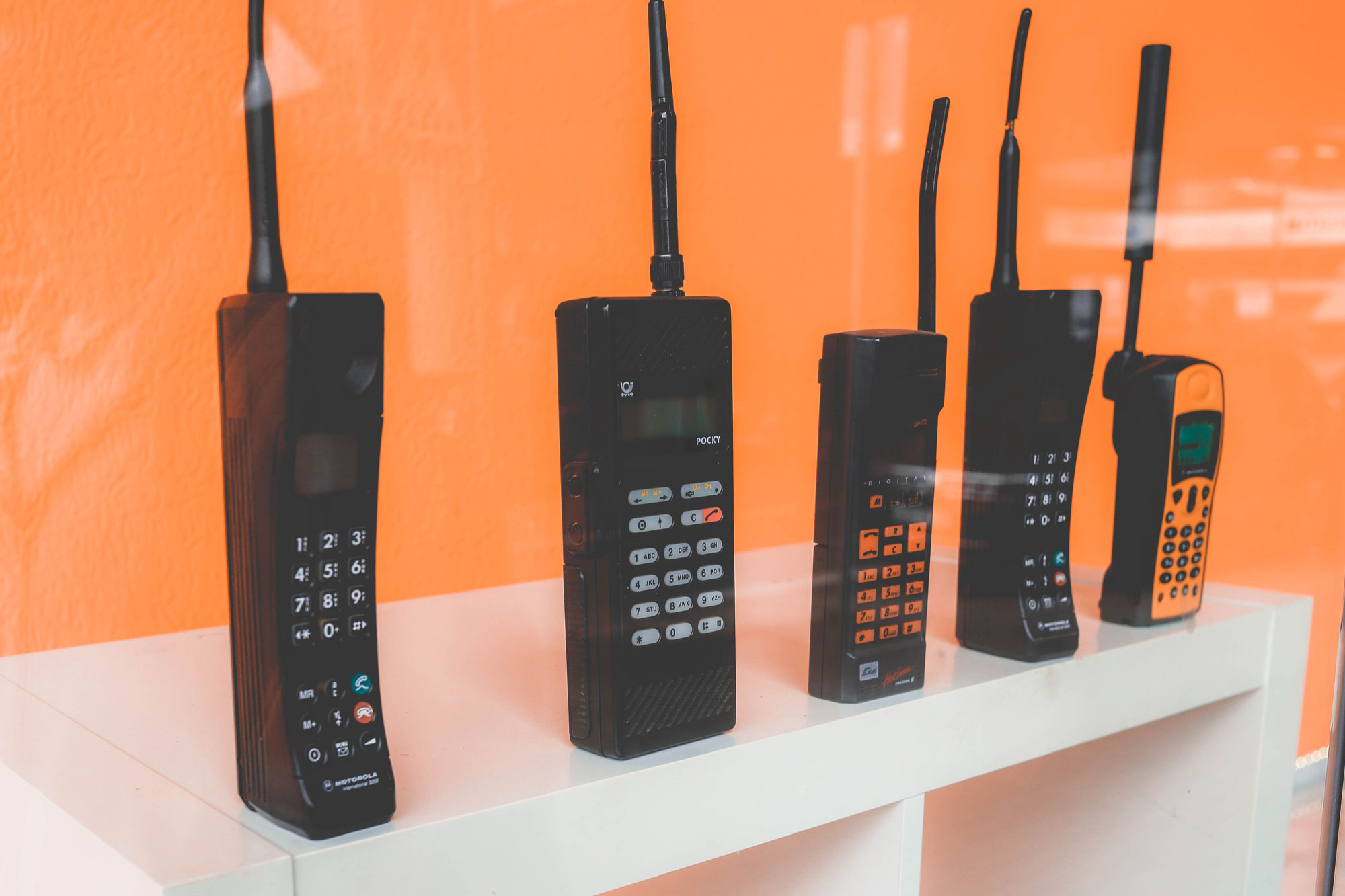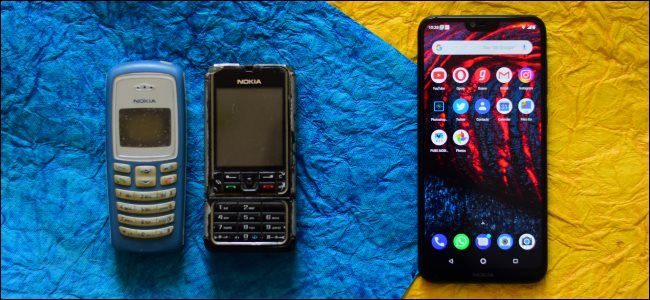- The Rembis Report and Other Fascinating Topics
- Posts
- The Rembis Report And Other Fascinating Topics - Volume CXXV
The Rembis Report And Other Fascinating Topics - Volume CXXV
It Ain't Broke, But Too Bad - You Need To Upgrade

We are on the 24th generation of iPhone in 16 years.
That means a new iPhone is introduced about every 8 months, give or take a week or two. Vehicle models repeat for years and years. Just look at the Volkswagen Beetle. That thing remained basically the same for decades. Why couldn’t Apple do the same thing with the iPhone? What was wrong with the last 23 versions? When are they going to finally get it right?
Seems like they keep going back to the drawing board over and over again because they keep offering a uniquely broken product. Why? Because almost everything in an iPhone needs an update or upgrade to work at peak performance. Some, or all, of the many tech-heads who built it keep getting shown up by their own counterpart rivals on the other side of building who figure out how to do something just a little bit better than they did the year before, so, of course, they need to one-up the upstarts, and you wind up in a perpetual loop, refurbishing an overly updated contraption that does so much stuff you will never do everything you possibly can with it.
How many things can an iPhone do? I couldn’t find a definitive answer but they can do a lot of stuff. Do you need an iPhone? Probably not. I don’t have one, but I do have a smart phone. While I can take pictures with it, check my place in the world with GPS, and listen to audio books, I rarely do anything more than make phone calls with it. I could also get all my email with it and surf the web, if I wanted to, but I have a computer for that. And I never text. Luckily, I figured out how to shut off all the notifications so it stopped beeping. Then I figured out how stop it from vibrating - that was really annoying. And I am apparently the only person in the world who shuts off my phone altogether when I don’t need it, like overnight, on weekends, and when I am at work. So, now I have a brick of plastic and glass that only does what I want, when I want it to.
Ever since I got out of sales, I find cell phones to be a luxury more than a necessity. Don’t get me wrong, cell phones have their uses, but staring at a tiny screen is not for me. I have wretched eyesight so I need a big screen. I have always been amazed that so many people love their phones the way they do. No matter where you go - there they are - people staring at a tiny screen while they walk down the street, sit in a waiting room, perform surgery, stand in an elevator, or drive in traffic. The tiny screen beckons and absorbs their attention.
All smart phones, not just the iPhone, are marvels of technology. We have compacted everything on Batman’s utility belt except for the grappling hook into a portable communication device with a camera. Even the flashlight can blind somebody, so it can actually be used as a weapon. If they ever add a taser that would make it nearly perfect. Sales will spike, for sure.
As far as what you can do with your phone in one fell swoop, with live-streamed video and combustible rhetoric, for example, that insults and enrages hundreds or thousands or millions of people, your smartphone may be the most powerful weapon you have.
Where are you going with this, Mike? Is it all about money again?
Of course. When is it not? Connectivity is all about money. It’s no secret. They say every new generation of cell phone is faster and better, but do you need faster and better? Probably not. You probably won’t even notice anything faster or better, but you will pay for it.
So, of course, at first glance, all I see is a scam. I know that’s harsh. It is a service. It is something people want, and in effect, rely on for lots of things, so it’s not really a scam. It’s just not exactly for me. Who do they want you me talk to? Anybody. Everybody. And they don’t just want us to make phone calls. You should be doing everything with it. Watching and listening and learning and playing games and uploading everything so everybody else can see it. Just stay connected. Don’t put that phone down unless it is to pick up the latest model.
Look how far we have come.
If you went out and individually purchased everything your smartphone has, you wouldn’t just fill a small office or a flatbed truck; add in the wealth of knowledge brought by the internet and the millions of apps available, if each one had it’s own device, you would need a cargo ship to haul it all, and a crew of hot librarian chicks to catalogue everything.
Hot librarian chicks?
Sure, why not? That just makes sense.
The truly amazing thing about the smartphone is not the compacted technology of the phone itself, but how we get everything in there. Radio waves. If you are not astonished by the vast amount of information that rides along radio waves, you might not know how it works, and probably find that kind of science really boring. Hence the need for hot librarian chicks to explain it.
That does make sense!
Now, I am no librarian, but I do know a little about bandwidth. You have heard about internet speeds, megabits per second (Mbps), streaming, broadband signals. All this mumbo-jumbo are terms used to describe what you pay for when you use radio waves. Instead of getting in too deep, here, check out this article to get the gist of it.
When you pay for data and minutes, this is what you are buying. Invisible radio waves. Can’t see them, hear them, taste them, feel them, but they are all around you, and they are not free. There are only so many radio frequencies available for use by cell phones. While the number of frequencies in a radio band are theoretically infinite, the actual number of available bands are limited by the number of transmitters and receivers that must share specific frequencies to work. This is how they run out of space and old phones become obsolete.
The cell phone industry is built upon planned obsolescence. They already know the phones are going to stop working. They insert little time bombs into the code of the devices to make them shut off on a predetermined date. The End Of Life (EOL) date on your device has already been decided. You can’t do anything about it except get a new phone.
You must eventually upgrade or be left behind. Upgrades are touted as something we just can’t avoid. Because it’s true. There is demand. But mostly from corporate executives that demand new revenue streams and upgrading proves to be the best scam they have. Complain all you want, but you won’t stop it.
You have heard of the generations of wireless technology; 2G, 3G, 4G, 5G. I am not sure what happened to 1G, (or maybe it was just called G). 2G and 3G have been around for a while, but won’t be much longer. The practice of “sunsetting,” closing down wireless networks, happens due to forced upgrades. Some carriers have already closed down their 2G systems and come next spring, 2G and 3G will be gone for good.
This does not just affect cell phones. Subarus equipped with STARLINK technology, that could last for years, will die because the networks they rely on will be unsupported. And millions of those smart electric meters that have been attached to homes across the country will also go extinct for the same reason. Everything that uses 2G and 3G is in dire need of an upgrade.
Does it have to go away? They say it does, but is that true? I have no way to prove it does or does not. We’ll still have 4G for a while longer, until everything clicks over to 5G.
Be amazed once more, that the most complex piece of equipment you are likely to buy in your life, you will be forced to buy over and over again (if you want one), because it is absolutely guaranteed to break. You might think you have the latest and greatest with your 5G iPhone now, but just you wait. 6G is coming.
In conclusion, I think I am right. It’s just a big, stupid scam to make you feel like you bought the newest, latest, and greatest in telephonic technology. Because you have.
Until about six months from now when a better one comes out.
Thanks for reading.
If you are new to the Rembis Report and would like to read any of the previous issues, PLEASE CLICK HERE to access the archives. To read it from the beginning, PLEASE GET A COPY of The Rembis Report: An Observation.


